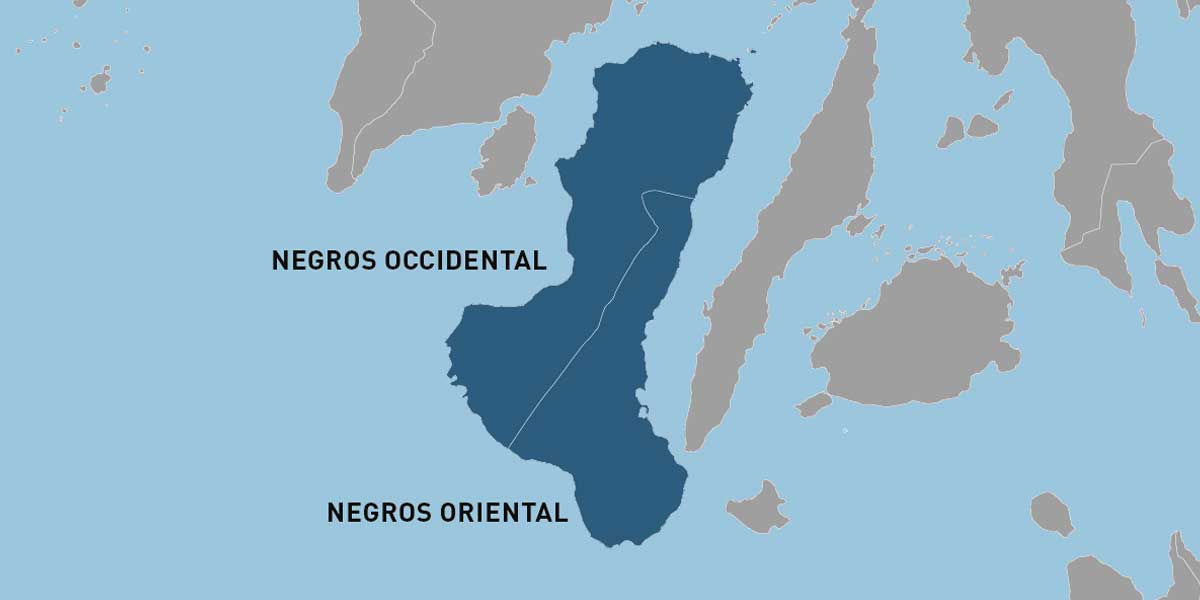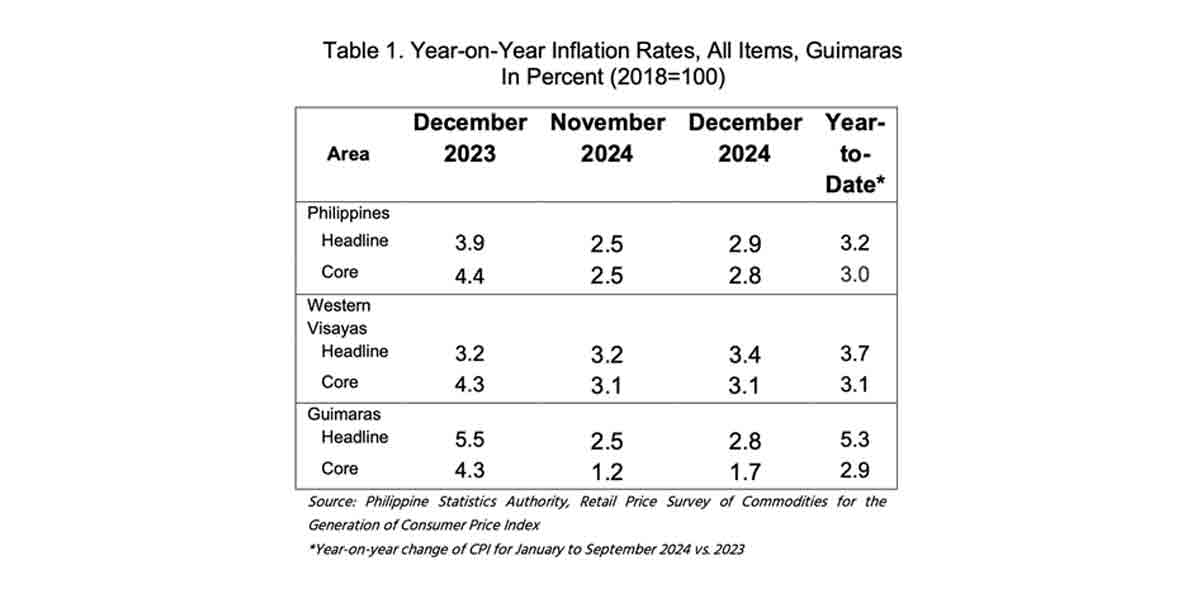 By Atty. Eduardo T. Reyes III
By Atty. Eduardo T. Reyes III
“ALL happy families are like one another; each unhappy family is unhappy in its own way”, quipped Leo Tolstoy in Anna Karenina. The recent pandemic had surely brought about different strains of family discord especially for those whose breadwinners have been locked out of the country caused by governmental restrictions against the movement of people. Covid-19 is spreading virulently round the globe and for the Philippines whose economy is buoyed by remittances from Overseas Filipino Workers, these restrictions will surely be a big blow to its GDP. But beyond the dough or greenbacks (both are slangs for money), familial relationships stand to suffer because of the pandemic, too.
While online platforms for long-distance communication had magnificently improved that negate physical and geographical distances as live meetings and discussions on digital platforms had been made easily accessible especially at the height of the lockdowns; still, stories are rife about personal, family and marital relationships that were not built on solid foundation, that had floundered. The physical divide had also created an emotional crater particularly on couples.
Some of these tales with a happy ending may regale readers or even trigger a melancholic reflection of the profundity of their own stories or those of other people they know; but there are other stories that deserve less of our approbation. For relationships that are already shaky- or rocky- to begin with, the physical distance that separates sweethearts, informal partners, and married couple, could engender a horrific or nightmarish story.
In one case decided by the Philippine Supreme Court entitled AAA, v. BBB, G.R. No. 212448, January 11, 2018 (the parties’ names are concealed under code names to protect the identities of their minor children), although the factual setting happened way before the pandemic; nonetheless, it tells about the story of a family that had to be divided because the father/ husband had to work in Singapore as a chef while the wife and the children stayed behind in the Philippines.
Missing terribly the father/ husband because of his long absence in their life, the wife and the children eventually found a way to pay him a visit in Singapore. But instead of surprising him, it was the wife and the children who received the most unwelcome surprise: the father/husband was having an affair with a Singaporean woman. And when he was confronted with it, court records show that he inflicted physical abuse on his wife who then wasted no time in packing their bags to fly back home to the Philippines to nurse her physical as well as emotional pains and injuries.
Lacking in compunction despite what he did to his family, the father/ husband refused to mend his ways. This led the wife to file a case for violation of Republic Act No. 9262 or the law on Violence Against Women and Children (VAWC), against the husband. The case was filed before the Philippine court where in no time, the husband who was still in Singapore, sent a lawyer to question the jurisdiction of the Philippine court owing to the fact that the husband committed the alleged acts outside of the country hence the court has no jurisdiction. The trial court was convinced and so the judge dismissed the case.
The wife would not take this sitting down so she elevated the case to the Supreme Court where the core issue that had to be resolved was: Can the wife in the Philippines file a case for emotional anguish caused by the marital infidelity committed by her husband abroad?
In order to resolve the issue and provide illumination to both judges and lawyers, the Supreme Court in the afore-mentioned case handed down this ruling, thus: “What may be gleaned from Section 7 of R.A. No. 9262 is that the law contemplates that acts of violence against women and their children may manifest as transitory or continuing crimes; meaning that some acts material and essential thereto and requisite in their consummation occur in one municipality or territory, while some occur in another. In such cases, the court wherein any of the crime’s essential and material acts have been committed maintains jurisdiction to try the case; it being understood that the first court taking cognizance of the same excludes the other. Thus, a person charged with a continuing or transitory crime may be validly tried in any municipality or territory where the offense was in part committed.
It is necessary, for Philippine courts to have jurisdiction when the abusive conduct or act of violence under Section 5(i) of R.A. No. 9262 in relation to Section 3(a), Paragraph (C) was committed outside Philippine territory, that the victim be a resident of the place where the complaint is filed in view of the anguish suffered being a material element of the offense. In the present scenario, the offended wife and children of respondent husband are residents of Pasig City since March of 2010. Hence, the RTC of Pasig City may exercise jurisdiction over the case”.
Thus, according to the Supreme Court, acts of physical or verbal violence committed against a woman and/ or her children, even when committed abroad, that results in emotional anguish or pain or suffering, borne by the woman and/ or her children, on their way back home from the foreign country and until they reach the Philippines, are considered as transitory or continuing crimes or offenses, which under our Rules, can be triable (or cases may be filed and tried), in any proper court in the Philippines where the woman resides. Without expressly saying so, what the doctrine envisages is that the infliction of emotional anguish on the woman cannot be confined to the place where the perpetrator performed the act (which is in Singapore in this case), but the pain and suffering of the woman travels with her all the way back to her place of residence. And so as it is properly called- a transitory or continuing crime.
So the case which was filed in the Philippines cannot be dismissed solely on the ground that the perpetrator (or father/ husband in this case) is out of the country. This is what is called the jurisdiction of the court over the subject matter of the case which the Philippine court surely had. However, there is a twist that would fester complainants or victims in like cases as discussed here. The story did not end there. Because according to the Supreme Court in this case of AAA v. BBB, “Certainly, the act causing psychological violence which under the information relates to BBB’s marital infidelity must be proven by probable cause for the purpose of formally charging the husband, and to establish the same beyond reasonable doubt for purposes of conviction. It likewise remains imperative to acquire jurisdiction over the husband. What this case concerns itself is simply whether or not a complaint for psychological abuse under R.A. No. 9262 may even be filed within the Philippines if the illicit relationship is conducted abroad. We say that even if the alleged extra-marital affair causing the offended wife mental and emotional anguish is committed abroad, the same does not place a prosecution under R.A. No. 9262 absolutely beyond the reach of Philippine courts”.
So while the Philippine court cannot dismiss the case solely on account of the physical absence of the perpetrator (father/ husband in this case) in the country; still, in order that the case can push forward to trial, jurisdiction over the person of the perpetrator (father/ husband in this case) must be acquired through service of warrant of arrest or his voluntary surrender or appearance in court. Without obtaining jurisdiction over his person, the case cannot proceed. It has to await the return of the perpetrator (father/ husband in this case), which may never come. In the meantime therefore, the case may be put on archive.
During these febrile times, ructions among family members are most unwelcome. The labyrinthe of the law and criminal procedure mirrors the complexity of familial and marital relations. The physical distance should be an opportunity for soul-searching to strengthen family cohesiveness and not to reckon reasons or occasions for blame-casting. After all, it is the dictate of Section 1, Article XV of the 1987 Philippine Constitution, that The State recognizes the Filipino family as the foundation of the nation. Accordingly, it shall strengthen its solidarity and actively promote its total development. The forced physical and social distance that the pandemic had brought upon all, should not create a disabling emotional alienation as to destroy the family. This is the only way to be likened to all happy families as Tolstoy had envisaged; and not to make a new reason to make one’s family unhappy in its own way.
(Atty. Eduardo T. Reyes, III is the senior partner of ET Reyes III & Associates- a law firm based in Iloilo City. He is a litigation attorney, a law professor and a law book author. His website is etriiilaw.com).





















